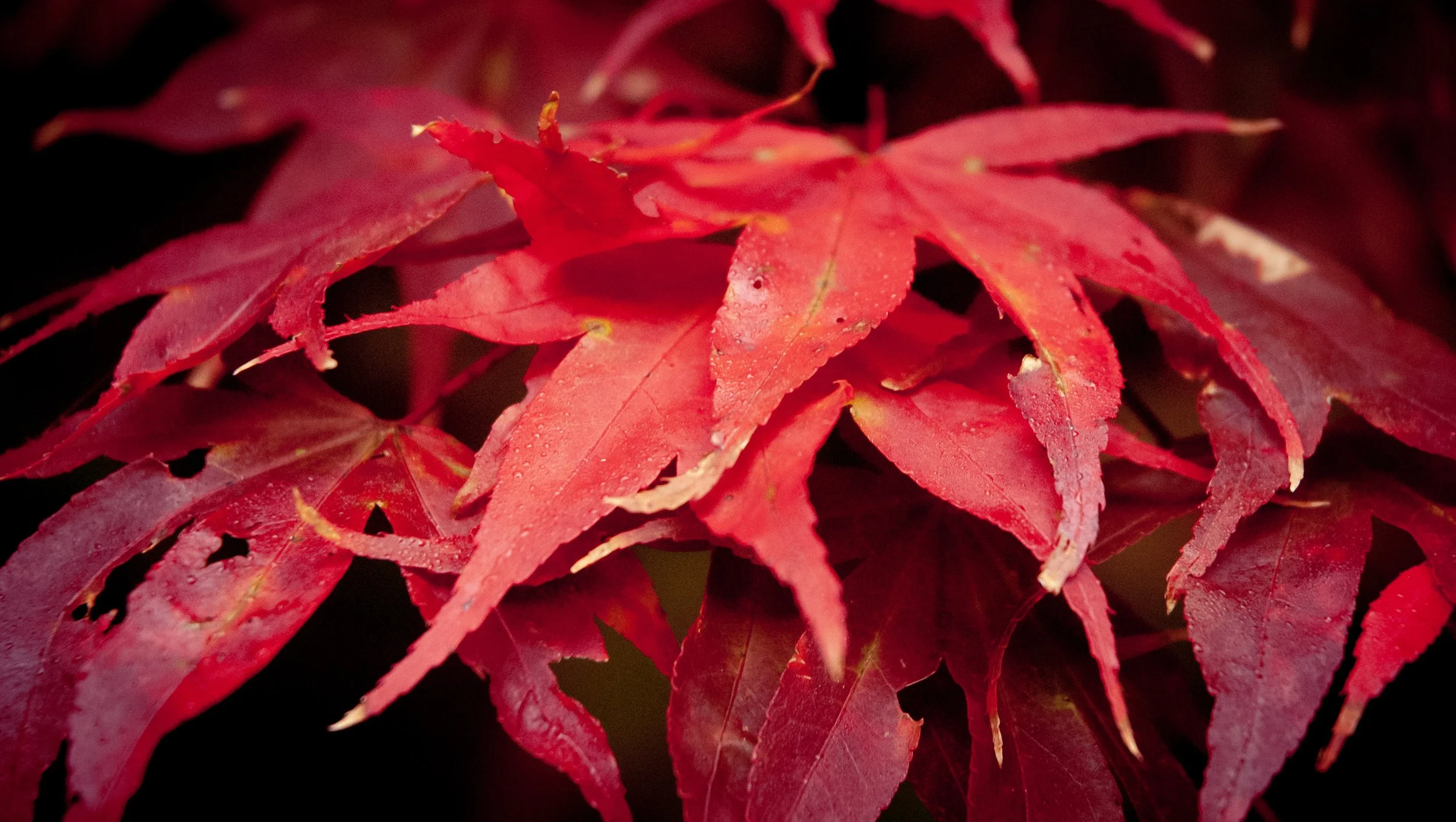Brittle
Ice: iPhone
“Tomorrow will come and today will pass, but the hearts of the young are brittle as glass.”
The nights have suddenly drawn in as a hard winter approaches.
I’m looking forward to the joy of frost on the lawn and frozen water in the ditches and puddles but the brittle ice could hold uncomfortable symbolism this year.
We seem to be on edge as the prospect of power and energy shortages get closer, anxious as inequitable economic systems are put under increasing strain, feel helpless as the climate moves steadily our of control and can only offer bleak hope that those displaced from their homes will find refuge.
At our house, the dark evenings mean that we draw together more readily and I find myself looking our youngsters in the eye, silently wondering what kind of fractured social institutions and planetary systems we will leave them.
I feel like I’ve always carried a nagging sensitivity towards the cracks in physical systems or social structures and relationships. I’m not especially risk averse but I do like to know when systems are at their edge. In almost everything I undertake, I’ve learned to prepare well and learn limits of system integrity; a career in military aviation taught me never to rely on a wing and a prayer. It was always too costly.
Which is why I’ve never appreciated ill-considered calls for ‘efficiency.’ The world has no respect for efficiency and when it throws us something new, unseen, different, I like to know we enough capacity to take life in its stride, to know that we always have a ‘little extra’ just in case.
So, given world events, perhaps it’s no surprise that, after a break of many years, I’ve started to dream again of walking across cracking ice.
Jungian analyst and psychologist James Hillman advises against foregrounding dreams in our conscious life for interpretation nor examination. Rather, he says, we should befriend our dreams, staying with them as they take us down into worlds rarely glimpsed. My curiosity swims in the blue depths beneath the ice, the dark murkiness, and what I muse over what I might find there. I wonder if I can find the courage to peacefully accept this kind of insight into my inner world, but now that dreams have returned, I feel again Hillman’s advice to dive down and keep swimming….
But, for now, as I return my gaze to our younger folk, I know they are more resilient, more aware, brighter, kinder than I was at their age and so maybe the brittleness I notice lives in the bones of their tired, exhausted elders.
But the hearts of the young?
Our work is to help them find them the ‘little extra’ in their hearts that will provide the strength, resilience and the capacity to keep going, to find beauty and calm together in a deeper new world, beyond the cracked and fractured experience of this moment.
Notes:
Phyllis McGinley labelled herself The Housewife Poet and developed a style of ‘light verse’ which, she claimed, spoke more to the intellect than serious verse which appealed to the emotions. Second-hand copies of her work are widely available though prices vary. My opening quote is from The Love Letters of Phyllis McGinley.
I often dip in and out of James Hillman’s A Blue Fire - which is a glorious selection of his writings on archetypal psychology edited by Thomas Moore. The chapter entitled ‘Dreams and the Blood Soul’ begins with a note telling us that the dream “…becomes the occasion for learning about the inner worlds; the people who wander the soul'; the landscapes of imagination; the stories and themes that are cycles of fate, mood and experience.”
Finally, as I finish this piece, I’m indebted to @feastsandfables for dropping images by @SophieCarrPhoto into my feed. Take a longer look at Sophie’s astonishing Icelandic photography here.














